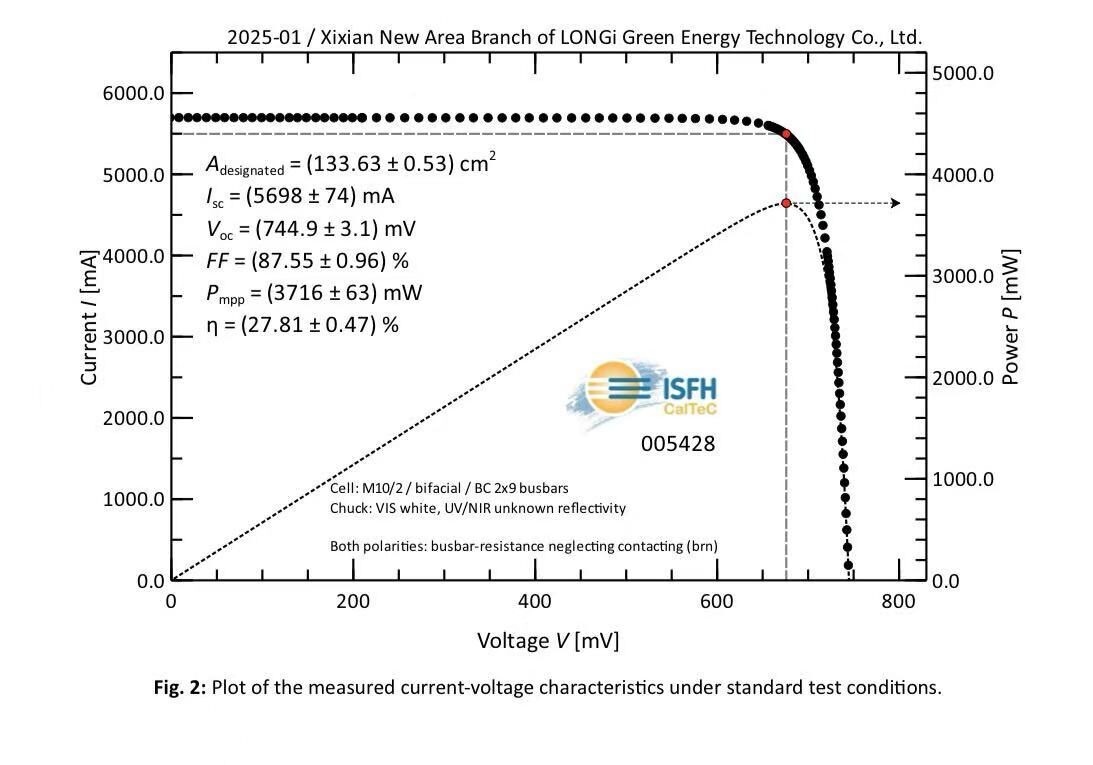There are often unintended consequences to trade wars, and there is a large, shuttered polysilicon factory in the U.S. state of Tennessee that serves as evidence of this. In 2013, China imposed steep import duties on U.S. polysilicon in retaliation for the imposition of tariffs on Chinese PV cells in 2012, which effectively shut off U.S. polysilicon makers from the world’s largest market for their product.
Among the hardest hit of polysilicon makers was Hemlock Semiconductor. The company was in the process of completing a $1.2 billion plant in Tennessee, which it halted at enormous cost in late 2014, due to a lack of market for the company’s product.
But Hemlock was far from the only company affected. Hemlock estimates that it and the other two remaining U.S. polysilicon makers have lost a third of their workforce since 2014.
Today, Hemlock sent a letter to U.S. President Donald Trump, which it says was signed by hundreds of its workers, to include polysilicon in the Section 201 remedy, which he is set to issue within the next two weeks.
“A remedy in the solar panel Section 201 trade case that does not include the polysilicon industry will be a loss for U.S. manufacturing,” states the letter. “With your upcoming decision, you have a unique opportunity to promote a complete trade win.”
But while Hemlock implores Trump to find a “comprehensive solution” to the trade dispute that includes restoring access to China’s polysilicon market, it is not clear exactly how this will work.
Chinese trade authorities have shown a strong willingness to impose retaliatory trade barriers to Western products, and if anything, the kind of strong trade action that Trump seems to prefer could cause further retaliation, not an opening of markets.
And while it continues to import polysilicon from Germany’s Wacker Chemie as well as from South Korean sources, China has in the interim built up its own polysilicon production.
This content is protected by copyright and may not be reused. If you want to cooperate with us and would like to reuse some of our content, please contact: editors@pv-magazine.com.


1 comment
By submitting this form you agree to pv magazine using your data for the purposes of publishing your comment.
Your personal data will only be disclosed or otherwise transmitted to third parties for the purposes of spam filtering or if this is necessary for technical maintenance of the website. Any other transfer to third parties will not take place unless this is justified on the basis of applicable data protection regulations or if pv magazine is legally obliged to do so.
You may revoke this consent at any time with effect for the future, in which case your personal data will be deleted immediately. Otherwise, your data will be deleted if pv magazine has processed your request or the purpose of data storage is fulfilled.
Further information on data privacy can be found in our Data Protection Policy.